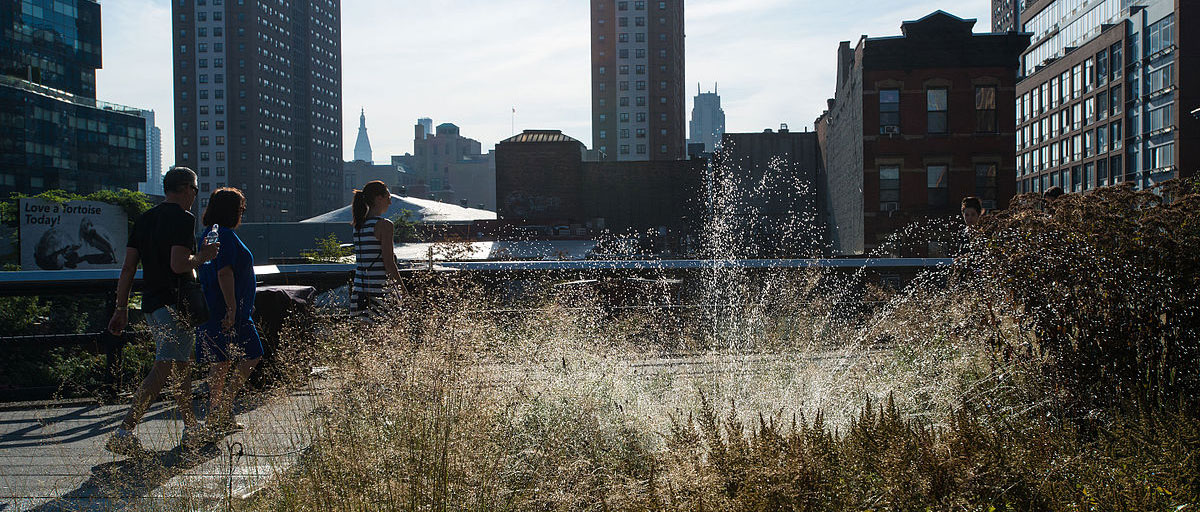Bildtext får vara max två rader text. Hela texten ska högerjusteras om den bara ska innehålla fotobyline! Photo: B. Christensen/Azote
Standfirst
The state of sustainability science
Text
Seminar with William Clark, Harvey Brooks Professor of International Science, Public Policy and Human Development, Harvard University, 4 October 2018
The field of sustainability science has grown dramatically since its emergence from foundational studies in environment and development a generation ago. But the expanding scope and vibrancy of the field are making increasingly difficult the task of keeping up with its many parts, and of understanding whether and how those parts can be fit together to support sustainable development initiatives on the ground.
In this presentation Bill Clark sketches a perspective on some “state of the field” issues: What progress has sustainability science made in formulating and testing answers to the “core questions” posed by its founders? Where has it fallen short of its early ambitions? What are the most exciting emerging challenges that were not well articulated in the early years of the field, but are the focus of productive research today?
He focuses on relationships among four emergent research themes:
i) the characterization of sustainability through integrated metrics of capital assets
ii) the role of power in shaping the (in)equity of access to the benefits derived from those assets
iii) the implications of viewing the human use of the earth in terms of systems of production and consumption that are both complex and adaptive
iv) the prospects for devising governance arrangements that promote large-scale, long term transitions of those systems toward sustainability.
Download the presentation here Pdf, 2.1 MB.
Pdf, 2.1 MB.
About William Clark
William Clark is the Harvey Brooks Professor of International Science, Public Policy and Human Development at Harvard University’s John F. Kennedy School of Government. Trained as an ecologist, his research focuses on sustainability science: understanding the interactions of human and environmental systems with a view toward advancing the goals of sustainable development. He is particularly interested in how institutional arrangements affect the linkage between knowledge and action in the sustainability arena. At Harvard, Clark directs the Sustainability Science Program. He is co-author of Pursuing sustainability: A guide to the science and practice (Princeton, 2016), and co-chaired the US National Research Council’s study Our Common Journey: A Transition Toward Sustainability (NAP, 1999). He is a member of the US National Academy of Sciences, and a recipient of the MacArthur Prize and Humboldt Prize.
Thursday 4 October 2018, 14.00-15.00
Linné Hall, The Royal Swedish Academy of Sciences
Lilla Frescativägen 4A, Stockholm

